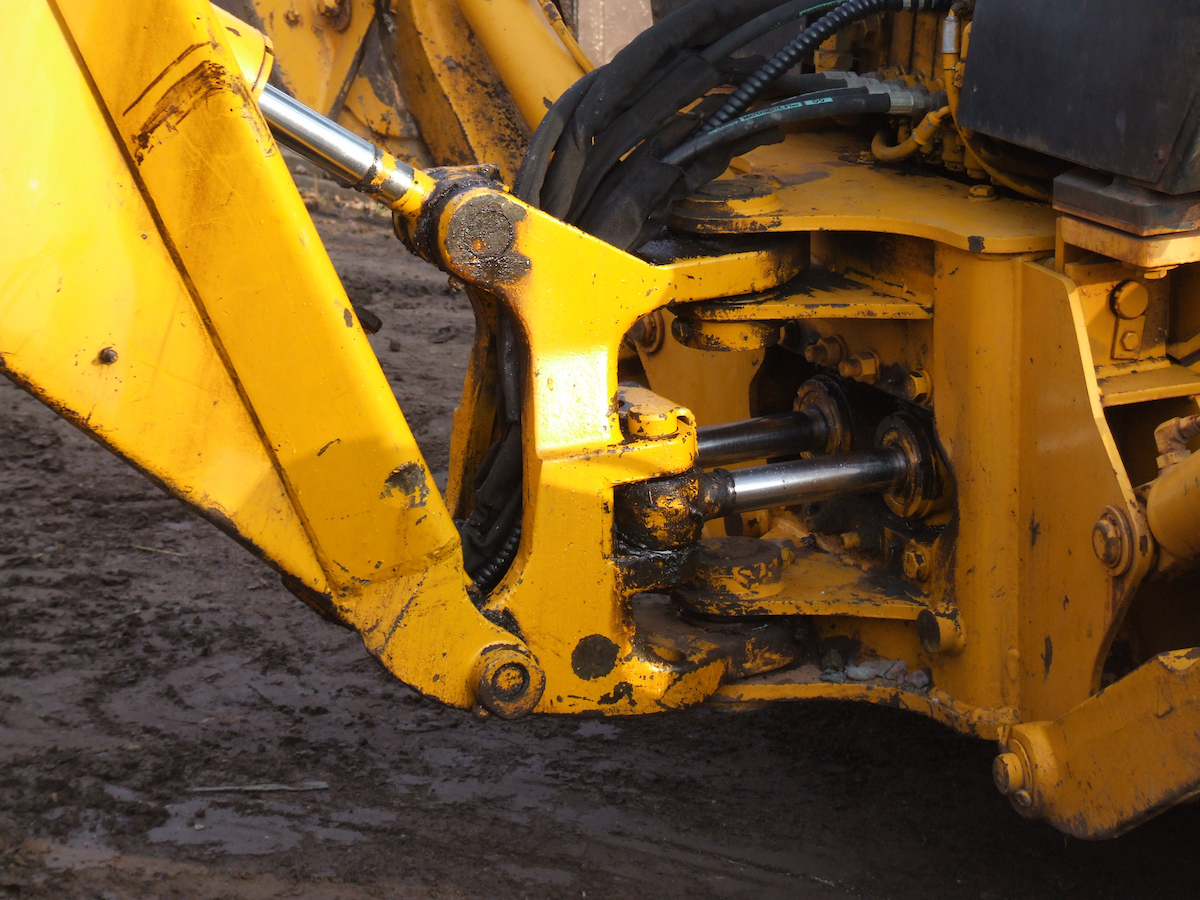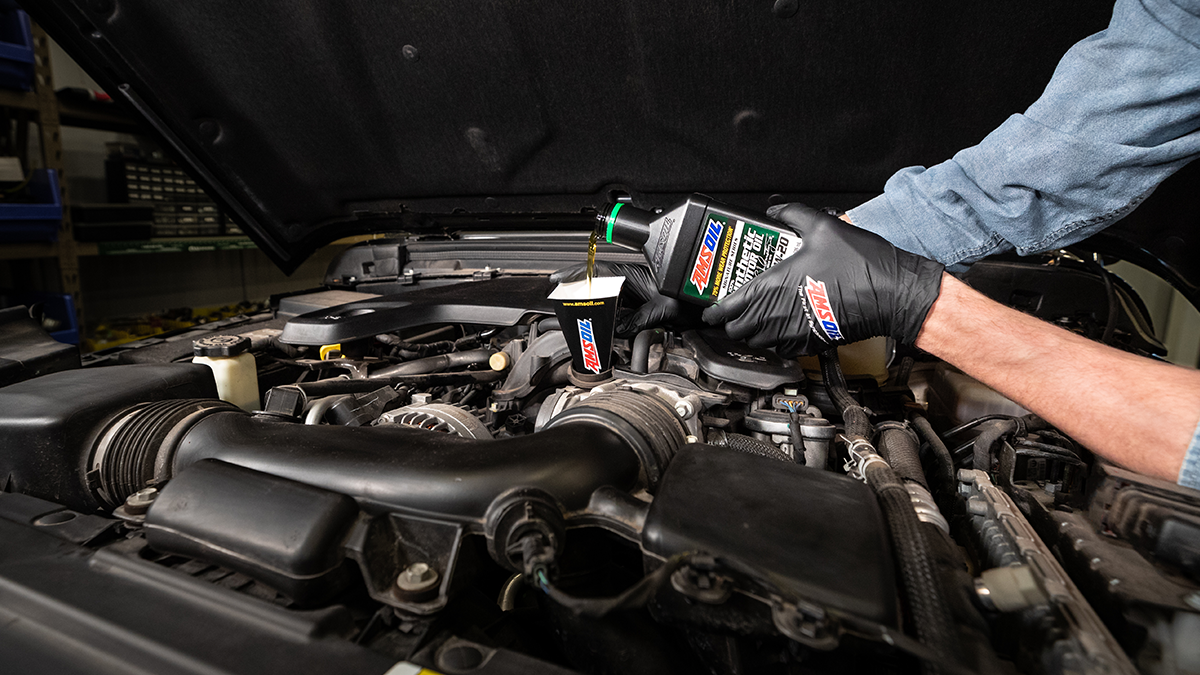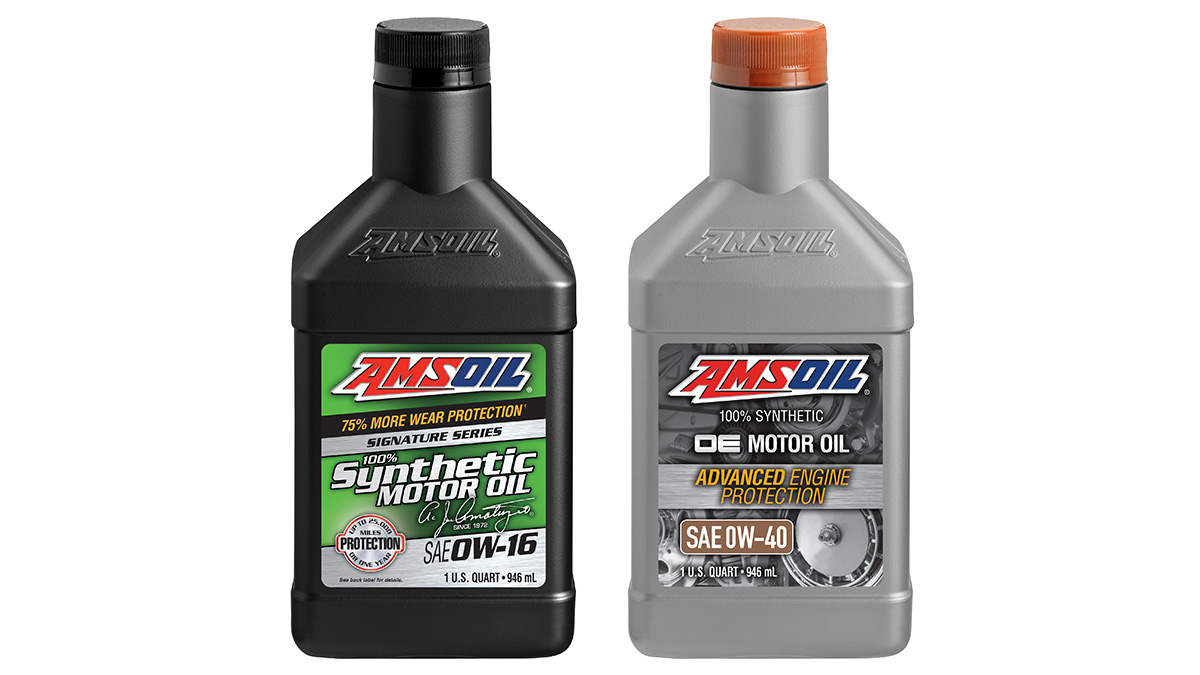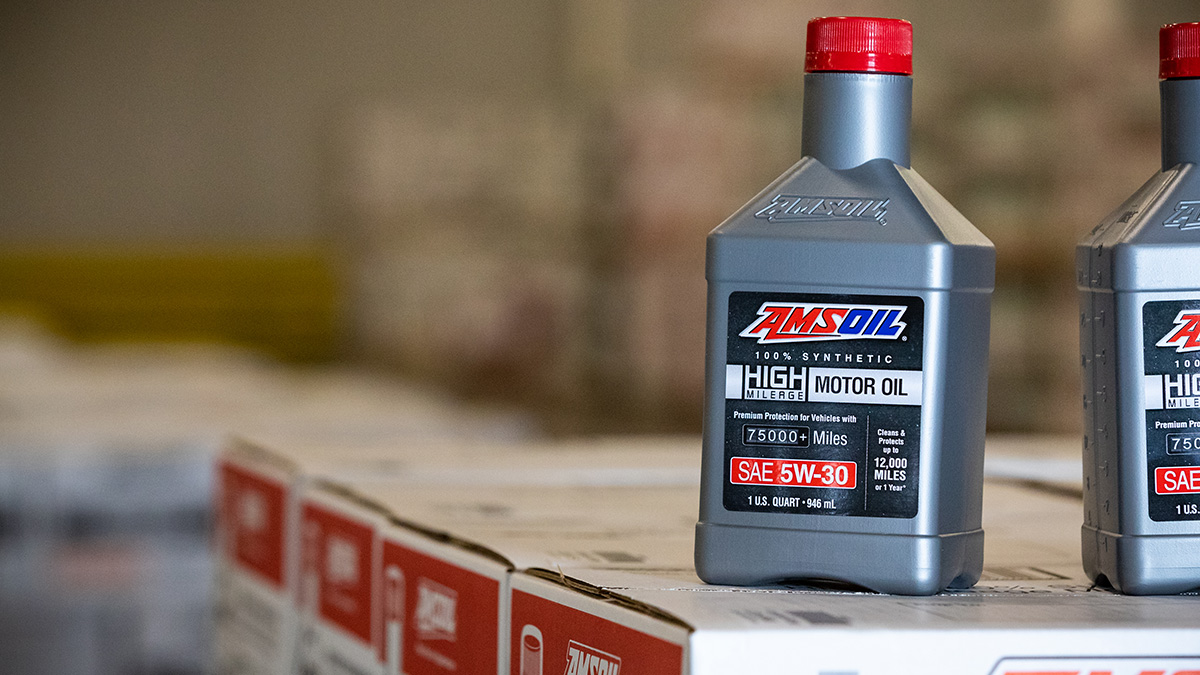Hydraulic systems are everywhere, including:
- Bucket trucks
- Dump trucks
- Garbage trucks
- Tow trucks
- Backhoes
- Excavators
- Feller bunchers
- Forklifts
- Front-end loaders
- Mobile cranes
- Mobile shears
- Mobile hydraulic power units
- Mobile well-drilling and ore-sampling equipment
- Piling rigs
- Skidders
- Skid Steers
- Snowplows
- Tractors and agricultural equipment
Maintenance intervals can be reduced in any hydraulic equipment with Synthetic Hydraulic Oil

-
Hydraulic Systems
Hydraulic systems can look complex and intimidating, but most are straightforward, consisting of a sump, a pump, hoses, valves and either pistons or hydraulic motors.
Sump – The hydraulic system’s sump is responsible for holding the oil, providing time for the transferring of heat, and a place for contaminants, including water, to settle.
Pump – The hydraulic system’s pump produces the fluid flow that creates pressure. In most cases, it is the most expensive part of the system. Hydraulic oils are subjected to pump tests to prove their ability to protect pumps under normal operating conditions.
Hydraulic systems can have many different types of pumps, but the three most common are gear, vane and piston pumps. Gear pumps are often found on lower-pressure systems and are simple and reliable. As positive displacement pumps, they pump a fixed amount of fluid for every revolution. Although variations exist, a good example is an automotive oil pump.
Vane pumps are common on mobile equipment and can be variable or constant displacement. Piston pumps can be found on higher-pressure applications and are more complex and sensitive to contamination than vane or piston pumps.
Hoses – Hoses carry hydraulic pressure and flow to various components and are often the weakest link in any hydraulic system. Maintenance is often ignored until a problem develops. Hoses can fail due to heat, cold, repeated flexing, physical damage and exposure to the elements.
Valves – Valves control the route of the hydraulic flow within the system, sending flow and pressure to components to operate them. Pulling a lever back may route fluid to one side of the hydraulic system, causing it to extend a piston, while pushing it forward may cause it to retract. Varnish presents a major problem with valves, causing them to stick or not allowing them to seal properly.
Pistons/Hydraulic Motors – Pistons and hydraulic motors convert the hydraulic flow and pressure into work. Pistons provide linear motion, allowing bulldozer blades to lift and backhoe buckets to tip, while motors convert hydraulic flow and pressure into rotational force, allowing drills to operate.
Common issues associated with pistons and hydraulic motors are internal or external leakage. External leakage results in loss of fluid and contamination issues, while internal leakage results in lost efficiency. For example, a bottle jack with its valve only partially closed requires furious pumping to lift an object off the ground and won’t be able to keep it there.

Hydraulic Oil
Zinc-containing hydraulic oil is a commonly used hydraulic fluid, while other applications call for zinc-free hydraulic oil, motor oil or transmission fluid. Hydrostatic hydraulic oil is required when the fluid must also operate the hydrostatic transmission, biodegradable hydraulic oil is often required in environmentally sensitive areas and some applications require fire-resistant hydraulic oils.
Each type of hydraulic oil has unique characteristics, and it’s important to understand what’s required for specific applications. The equipment operator’s manual will usually recommend viscosities for the ambient temperatures the machine is operated in or could even recommend a specific oil brand. This information can be used to determine the appropriate AMSOIL synthetic hydraulic oil. If in doubt, contact AMSOIL Technical Services at 715-399-TECH.
Hydraulic Oil Problems
Heat and contamination present serious challenges for hydraulic oils. If the system becomes too hot, the oil’s viscosity can thin to the point where the pump is damaged or seals are destroyed. Because conventional hydraulic oil is often less expensive than synthetic hydraulic oil, it is important to understand the benefits and cost savings AMSOIL synthetic hydraulic oils provide.
Heat Reduction – The synthetic construction of AMSOIL synthetic hydraulic oils can reduce heat in hydraulic systems, leading to better viscosity retention, less varnish build-up and oxidation, reduction in component wear (including hoses), longer seal life and better overall system performance.
Cold-Weather Performance – AMSOIL synthetic hydraulic oils have much better cold-temperature characteristics than many petroleum oils. This can be seen by comparing the viscosity index, Brookfield viscosity and pour point numbers of a conventional oil to the corresponding viscosity AMSOIL synthetic hydraulic oil.
Because mobile equipment often sits out in the elements while on a job site, conventional hydraulic oils can thicken in the cold and lead to damage, such as excessive pump wear due to cavitation, blown hoses, broken shafts or extended warm-up times that waste fuel. Use of the proper AMSOIL synthetic hydraulic oil viscosity helps reduce or eliminate many of these issues.
All-Season Functionality – To eliminate some of the problems associated with temperature changes, many mobile equipment owners switch viscosities with the seasons. They may run an ISO VG 22 viscosity oil in the winter and switch to an ISO VG 32 or 46 oil in the summer. AMSOIL synthetic hydraulic oils are high-viscosity-index formulations that can eliminate the need for seasonal changes. It’s possible to run an ISO 32 or ISO 46 successfully year-round in all but the most extreme cold conditions.
Hose Life Preservation – Because many equipment operators consider blown hoses, leaky seals and loss of hydraulic fluid an unavoidable problem, they may not initially be interested in investing in more expensive hydraulic fluid they believe will just end up on the ground.
If hoses are snagged, chafed or damaged externally, the situation must physically be corrected. However, cold and heat wreak havoc hoses and seals causing pressure spikes and deterioration. The superior cooling and flow properties of AMSOIL synthetic hydraulic oils help preserve hose integrity.

Anti-Wear Hydraulic Oil
AMSOIL Synthetic Anti-Wear Hydraulic Oils effectively inhibit oxidation to help prevent acid formation and viscosity increase, resist carbon and varnish deposits and inhibit rust and foam, providing smooth hydraulic operation. They contain a very effective zinc-based anti-wear/antioxidant additive that controls wear in high-speed, high-pressure vane and gear pumps, while meeting the lubrication requirements of axial piston pumps with bronze-on-steel metallurgy.
- Extended oil drain intervals
- Anti-wear protection
- Recommended for gear, vane and piston pumps
- Contain rust, oxidation and foam inhibitors
- Designed for a wide temperature range
- Hydrolytically stable and readily separate from water
Biodegradable Hydraulic Oil
AMSOIL Synthetic Biodegradable Hydraulic Oil (BHO) is a premium-performance hydraulic oil that exhibits high biodegradability and low aquatic toxicity, along with superior oxidative stability, excellent low-temperature performance and outstanding results in laboratory and extended duration pump testing. It contains antioxidants that prolong oil life and foam inhibitors that help promote problem-free operation.
Multi-Viscosity Hydraulic Oil
AMSOIL Synthetic Multi-Viscosity Hydraulic Oil is formulated with varnish-control technology to keep hydraulic systems clean for long life and reliable operation with reduced maintenance downtime. It resists breakdown in the presence of heat while remaining fluid when cold to keep valves, pumps, servos and other components clean, protected and long-lasting.
- Compatibility with yellow metals.
- Anti-wear protection for pumps, motors, valves and other components.
- Meets stringent viscosity-retention requirements of Parker Hannifin* (Denison*) HF-0
Tractor Hydraulic/Transmission Oil
AMSOIL Synthetic Tractor Hydraulic/Transmission Oil is an all-weather Universal Tractor Transmission Oil (UTTO) engineered to meet the tough demands of heavy-duty, hydraulic-powered farm and commercial equipment. Its unique formulation of synthetic base stocks and additives effectively reduces wear, resists heat, protects against rust, effectively suppresses wet-brake chatter, and extends equipment service life. Synthetic Tractor Hydraulic/Transmission Oil is recommended for extended oil drains based on oil analysis.
Excellent Protection in Temperature Extremes
AMSOIL Synthetic Tractor Hydraulic/Transmission Oil operates over a wide range of temperatures. It has a high viscosity index to maintain its lubricity for wear protection at high operating temperatures, and it flows at temperatures down to -58°F (-50°C) for improved equipment operation in subzero temperatures. Synthetic Tractor Hydraulic/Transmission Oil exceeds the viscosity requirements of the all-weather specifications of both Case New Holland* 3525 and 3526 (formerly FNHA-2-C-200 & 2-C-201) and John Deere* J20C & J20D, eliminating the need for seasonal oil changes.






Comments
AMSOIL Technical Writer and 20-year veteran of the motorcycle industry. Enjoys tearing things apart to figure out how they work. If it can’t be repaired, it’s not worth owning.
Share: